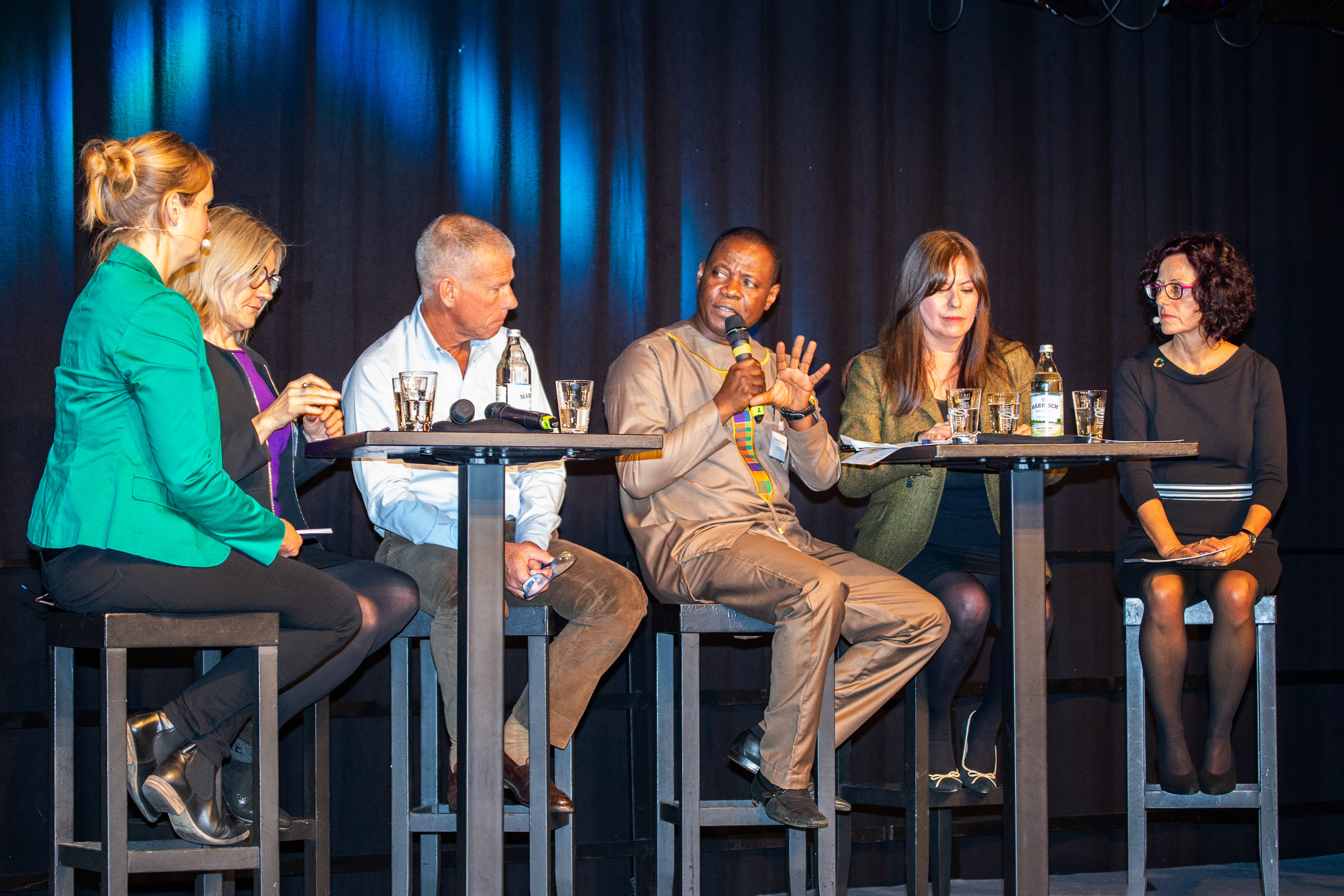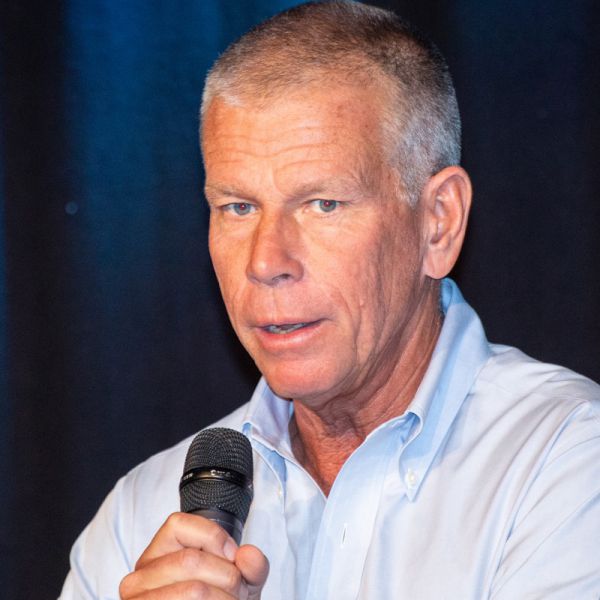Setting the Scene: Experts discuss the relationship between UHC & SRHR

In the Setting-the-Scene session, experts from different sectors and fields discussed the relationship between Universal Health Coverage (UHC) and Sexual and Reproductive Health (SRH) services. They were united in their call for a fair and affordable health system for all. But their discussion also highlighted challenges in designing and delivering affordable SRH services which are accessible to all people.
SRHR: An essential part of UHC
There was an agreement that sexual and reproductive health and rights (SRHR) must be part of UHC.
Lale Say, Coordinator of the Adolescents and at-Risk Population Team at the World Health Organisation (WHO) said that UHC should “be supported by enabling legislation”, and stated that “SRH should always be part of UHC”.
In his key note speech, UNFPA´s Deputy Executive Director Dereje Wordofa described the ‘continued disempowerment of women and girls’ and said sexual and reproductive rights must be addressed as part of a broader vision of universal health services. He warned delegates there will be no chance of reaching the Sustainable Development Goals (SDGs) by 2030 if sexual and reproductive rights are not addressed. Wordofa also stressed the importance of inclusion and providing services for all, including refugees, indigenous persons and the LGBTQI+ community.
The need to address out-of-pocket payments
Patrick Kuma Aboagye, Director of the Family Health Division within Ghana’s Health Service explained that SRH services are a priority for his government “and there’s no opposition to that”. But paying for it poses a challenge. “There isn’t always enough funding to realise this.” Aboagye said, and there’s an urgent need “to reduce out-of-pocket payments as much as possible.”
“People should not be made poorer by accessing healthcare”, WHO’s Lale Say added. She pointed to the fact that two thirds of SRH services are still paid out-of-pocket, and called for “a shift away from individuals towards public funding through taxation and pre-payment schemes.”
Making funding a priority
Sweden’s Ambassador for Global Health, Anders Nordström, declared that it’s up to politicians’ to be brave enough to make decisions that “underline equal rights”.
“Richer people have to pay more”, Nordström stated and added that “investment should not be based on existing resources but on what is needed and then the extra funding has to be sourced accordingly.”
Ana Maria Bejar, Director of Advocacy at International Planned Parenthood Federation (IPPF), added that it’s not only a matter of securing funding but of making sure money is invested where it is needed the most. She said a “people-centred approach” was fundamental to success, because “many people still don’t feel like it’s their right to access these services.”
A repository of SRH services
To support countries in deciding how best to structure their services, the World Health Organisation is currently developing a repository of Sexual and Reproductive Health interventions. The repository is due to be launched in December 2019.
Lale Say said the WHO’s aim is to support the design and roll-out of services. “Evidence based examples from countries are important so we can understand the different contexts...and understand how to address them.”
More help needed?
But do countries need more than suggestions? Anders Nordström thinks “evidence and guidance isn’t enough.” He stated “countries need help in setting priorities and clarifying how to implement interventions.”
Nordström concluded the panel discussion with a reminder of the necessary foundations for successful Universal Health Coverage: a functioning democracy. “If people can vote, they can keep politicians accountable. Civil society and the media must push governments to focus on the right things.”

